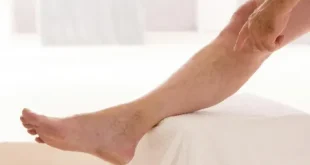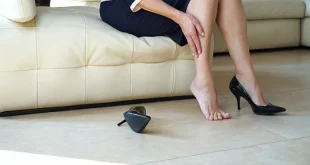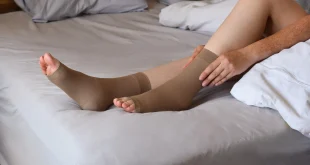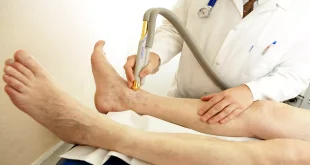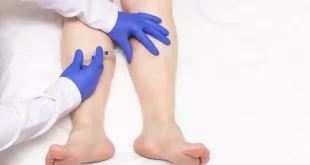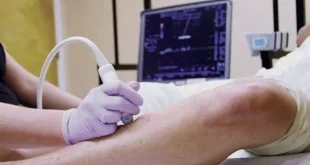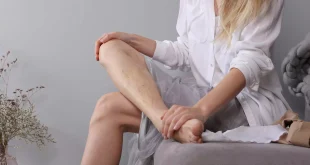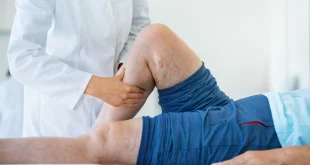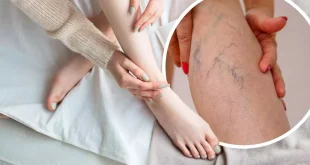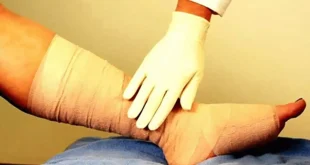There are various types of varicose vein treatments, including surgical methods or non-surgical treatments such as foam treatment (sclerotherapy), radiofrequency, laser applications using heat, or adhesive and resin-based treatment methods. The choice of treatment is specific to each patient, tailored to their individual condition. Therefore, what to consider after treatment …
Read More »Ways To Prevent Varicose Veins
How can I prevent the progression of varicose veins? Varicose veins are a progressive condition. It is challenging to keep them in their current state without addressing the underlying causes. However, taking preventive measures can slow down the progression and reduce the rate of advancement. Some contributing factors are immutable, …
Read More »What Is Compression Stocking, And How Is It Used?
Compression stocking and varicose vein medication are the two most common treatment options encountered by varicose vein patients when they consult a doctor. In fact, these are not for curative purposes but temporary measures aimed at preventing complaints and providing relief to the patient. Often, patients purchase compression stockings and …
Read More »How Is Radiofrequency And Laser Varicose Vein Treatment Performed?
One example of the use of technology in the treatment of varicose veins is through radiofrequency and laser treatments, where in the former, radio waves and in the latter, laser light is used to generate heat to burn and dry out the diseased veins. Both of these methods are referred …
Read More »Foam Sclerotherapy for Varicose Vein Treatment: What is it?
Known medically as sclerotherapy and colloquially as foam or needle treatment for varicose veins, this treatment method has become widely popular in recent years. The most significant reasons for its popularity are that it is a relatively easy method that can be performed even in outpatient settings, applicable to all …
Read More »How is Varicose Vein Examination Conducted?
Although varicose veins are more of an appearance or symptom of underlying venous insufficiency than a disease itself, we will continue to use the term “varicose vein disease” for practical and understandable purposes. Venous insufficiency can manifest itself in the early stages with twisted, dilated varicose veins, or later on, …
Read More »Varicose Vein Treatments with Advancing Technology
Technology is advancing so rapidly that you start falling behind the moment you hesitate to keep up. Once you fall behind, you need to spend even more time to catch up with its pace. The moment you buy a phone, the upgraded version is already waiting to be released. The …
Read More »What Is the Best Treatment Method for Varicose Veins?
The treatment methods for varicose veins, once predominantly surgical, have diversified with the incorporation of technology, and new treatment approaches are continually being added. The fundamental principle in these treatments is the elimination of the diseased vein, terminating its function, or, in other words, drying it out. Laser treatment accomplishes …
Read More »What Happens If Varicose Veins Are Not Treated?
Varicose vein disease has not been considered significant by both physicians and patients for many years. Treatments with medication and compression stockings have been provided to patients to alleviate their complaints and prevent the progression of their condition. However, patients have often struggled to adhere to these treatments and stocking …
Read More »Why Venous Ulcers Occur
Varicose vein disease, often accompanied by venous valve insufficiency, progresses and becomes chronic if not treated in a timely and sufficient manner. In such cases, the treatment of the disease becomes more challenging and complex. Early diagnosis and timely treatment by skilled hands are crucial. Vascular surgeons specializing in this …
Read More » Op. Dr. Orhan Coşkun
Op. Dr. Orhan Coşkun


